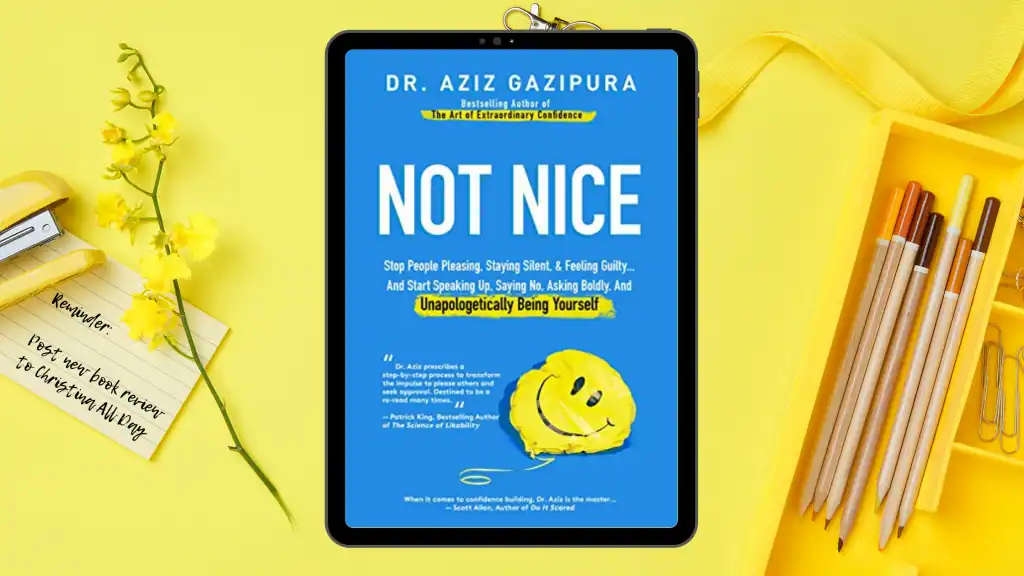HMP Stocken LE15 7RD: A Comprehensive Look into a Key UK Correctional Facility

Located in the heart of Rutland, England, HMP Stocken stands as a significant institution within the UK’s criminal justice system. With the postcode LE15 7RD, this correctional facility has played a crucial role in the rehabilitation and management of offenders. This article delves into the history, structure, daily life, rehabilitation programs, challenges, and future prospects of HMP Stocken, providing a thorough understanding of its operations and impact.
Historical Background
Establishment and Early Years
HMP Stocken was established in 1985 as a Category C prison, designed to house adult male offenders who do not require maximum security but cannot be trusted in open conditions. The prison was built on the site of a former RAF base, and its opening was part of a broader effort to modernize the UK’s prison system and provide adequate facilities for the growing inmate population.
Development Over the Decades
Over the years, HMP Stocken has undergone several expansions and renovations to accommodate more inmates and improve its facilities. These changes have been driven by evolving correctional philosophies and the need to address overcrowding issues prevalent in the UK’s prison system. The prison has expanded its capacity and infrastructure to better meet the demands of modern correctional practices.

Structure and Facilities
Physical Layout
HMP Stocken is divided into multiple wings, each designed to house different categories of inmates. The layout includes standard accommodation wings, healthcare units, and specialized wings for vulnerable prisoners. The prison’s design emphasizes security while also ensuring that inmates have access to necessary facilities and services.
Living Conditions
The living conditions at HMP Stocken aim to balance security and humane treatment. Inmates are housed in single or double cells, with access to basic amenities such as beds, toilets, and storage spaces. Efforts are made to ensure cleanliness and hygiene, with regular inspections and maintenance routines in place.
Healthcare and Support Services
Healthcare is a critical component of HMP Stocken’s operations. The prison has a dedicated healthcare unit that provides medical, dental, and mental health services. Qualified healthcare professionals work within the prison to address the diverse health needs of inmates, ensuring that they receive appropriate care and support.
Daily Life in HMP Stocken
Routine and Schedule
Inmates at HMP Stocken follow a structured daily routine designed to promote discipline and productivity. The day typically begins with a morning roll call, followed by breakfast and various activities such as work, education, and recreational programs. Meals are served at regular intervals, and the day concludes with evening lock-up.
Work and Education Programs
HMP Stocken places a strong emphasis on work and education as part of its rehabilitation efforts. Inmates have access to various vocational training programs, workshops, and educational courses aimed at improving their skills and employability. These programs are designed to prepare inmates for successful reintegration into society upon release.
Recreational Activities
Recreational activities are essential for maintaining inmates’ physical and mental well-being. HMP Stocken provides opportunities for sports, fitness training, and other leisure activities. These programs help reduce stress, promote social interaction, and contribute to overall rehabilitation efforts.
Rehabilitation and Reintegration
Vocational Training
Vocational training programs at HMP Stocken cover a wide range of trades and skills, including carpentry, plumbing, electrical work, and catering. These programs are accredited and aim to equip inmates with practical skills that can enhance their employment prospects upon release.
Educational Courses
Educational opportunities at HMP Stocken include basic literacy and numeracy courses, as well as advanced studies in various subjects. Inmates can work towards obtaining qualifications such as GCSEs, A-levels, and vocational certificates. The prison collaborates with external educational institutions to ensure the quality and relevance of the courses offered.
Psychological and Counseling Services
Rehabilitation at HMP Stocken also involves addressing the psychological and emotional needs of inmates. The prison offers counseling services, cognitive-behavioral therapy, and substance abuse programs to help inmates overcome personal challenges and develop healthier coping mechanisms.
Challenges and Issues
Overcrowding
Like many prisons in the UK, HMP Stocken faces challenges related to overcrowding. High inmate populations can strain resources, limit access to programs, and create tensions within the prison environment. Addressing overcrowding is an ongoing challenge that requires systemic solutions.
Staff Shortages
Staff shortages are another significant issue at HMP Stocken. Ensuring adequate staffing levels is crucial for maintaining security, delivering programs, and providing support services. Recruitment and retention of qualified staff remain a priority for prison management.
Security Concerns
Maintaining security within HMP Stocken is a complex task. The prison must prevent escapes, control contraband, and manage inmate behavior. Advanced security measures, including surveillance systems and regular searches, are employed to address these concerns.
Community and External Relations
Family Visits
Maintaining family connections is an important aspect of inmate rehabilitation. HMP Stocken facilitates regular family visits, providing designated visiting areas and support services for visitors. These visits help inmates maintain positive relationships and receive emotional support from their loved ones.
Community Programs
HMP Stocken engages with the local community through various outreach programs. Inmates may participate in community service projects, and the prison collaborates with local organizations to support rehabilitation efforts. These initiatives foster positive community relations and provide inmates with valuable experiences.
Partnerships with External Organizations
The prison collaborates with external organizations to enhance its rehabilitation programs. Partnerships with educational institutions, non-profits, and government agencies provide additional resources and expertise. These collaborations contribute to the overall effectiveness of the prison’s rehabilitation efforts.

Future Prospects and Developments
Planned Expansions
To address overcrowding and improve facilities, HMP Stocken has plans for future expansions. These developments aim to increase capacity, enhance living conditions, and provide additional resources for rehabilitation programs. The prison is committed to adapting to changing needs and standards in correctional practices.
Technological Innovations
Incorporating technology into prison operations is a key focus for HMP Stocken. Innovations such as electronic monitoring, virtual learning platforms, and telemedicine services can enhance security, improve program delivery, and support inmate well-being. The prison is exploring various technological solutions to modernize its operations.
Policy and Reform Initiatives
HMP Stocken is also involved in broader policy and reform initiatives within the UK prison system. The prison advocates for changes that promote rehabilitation, reduce recidivism, and improve conditions for both inmates and staff. These efforts align with national strategies aimed at creating a more effective and humane correctional system.
Conclusion
HMP Stocken LE15 7RD is more than just a correctional facility; it is a place of transformation and hope for many individuals. Through its comprehensive programs, dedicated staff, and commitment to rehabilitation, HMP Stocken strives to make a positive impact on the lives of inmates and the broader community. Despite the challenges it faces, the prison remains focused on its mission of promoting safety, justice, and successful reintegration into society. As HMP Stocken continues to evolve and adapt, it stands as a testament to the importance of correctional facilities in shaping a better future for all.










